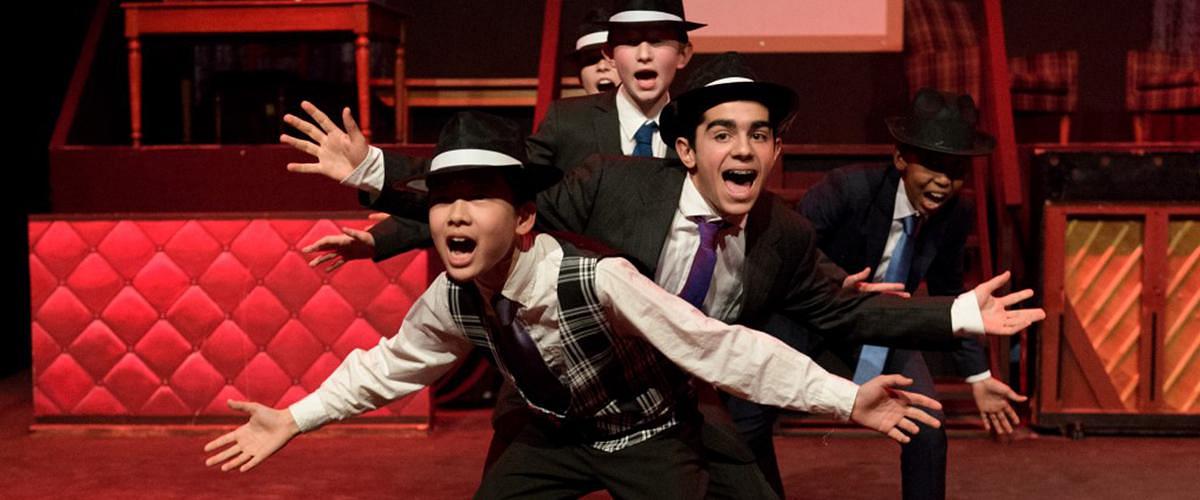Increasing Importance of Character Education
The increasing importance of character education
by Lisa Kerr, Principal.

23 August 2018 is a date that, for months, has been imprinted on the minds of families up and down the country. GCSE results day. For many, it is the key milestone in the exam-focused educational journey upon which our children embark, the one which will decide the subjects which will eventually lead to university, and for others, shockingly, the one which may lead to them being asked to leave their school, for fear of diluting the league tables upon which those schools have chosen to be judged.

Their grades will not measure their resilience in overcoming challenge or their kindness in supporting their peers, they will not show how successfully they can build a team, or lead that team through a problem. Instead they will simply show how effectively they have silently recounted facts, remembered formulae and regurgitated learned analyses. We should be ashamed that, in the 21st century, exam results are the only way we go about assessing the qualities of the young people to whom we will entrust an uncertain and rapidly changing world. Over the last hundred or so years, whilst medicine, transport and technology have been transformed, education, and educational assessment in particular, has merely inched forwards.
Employers are crying out for change. Speaking to the World Economic Forum in January, Alibaba founder Jack Ma said “If we do not change the way we teach, thirty years from now we’ll be in trouble. We cannot teach our kids to compete with machines which are smarter; we have to teach something unique.” CBI president, Paul Drechsler, said: “Of course, academic achievement matters. But alone, it’s not enough for the exciting world we face”. And Jayne Anne Gadhia, the CEO of Virgin Money, when asked whether she recruits on the basis of good results, or character, replied: “Character first every time”.
Whether character can be taught is contested. But there is fresh evidence that it can certainly be learned. Earlier this summer, Gordonstoun published research undertaken by the University of Edinburgh into the lifelong value of Out of Classroom Learning Experiences. Researchers examined more than 50 years of alumni experience, investigating how curricular elements such as community service, expeditions, sail training, and the holding of positions of responsibility had impacted pupils’ lives. 94% of them said that the out-of-classroom offer had had an overwhelmingly positive impact on their personal growth and development. Inter-personal ease, resilience, confidence, and team-working skills were the key benefits they gained. And 81% of parents felt that this kind of out of classroom learning enhanced their child’s academic studies (no wonder then that, in addition to a clutch of straight-A students, last week’s Gordonstoun A Level results again showed strong ‘value added’).
Of course good grades help in the short term - getting our students into the top universities to study everything from Medicine to Music. But character is what endures, long after university and that first job. For policy makers, the challenge is to put this concept at the heart of the curriculum. Teachers also need to see these activities as core, not a break from serious work. And parents need to start insisting that schools do, if we’re to produce the leaders we need for the future that we face.